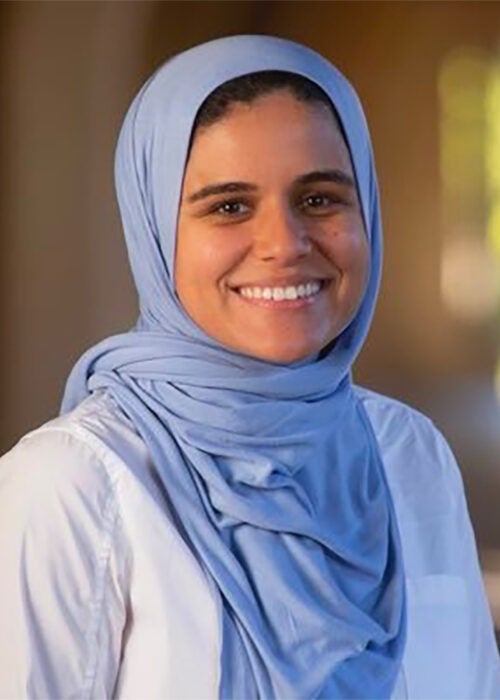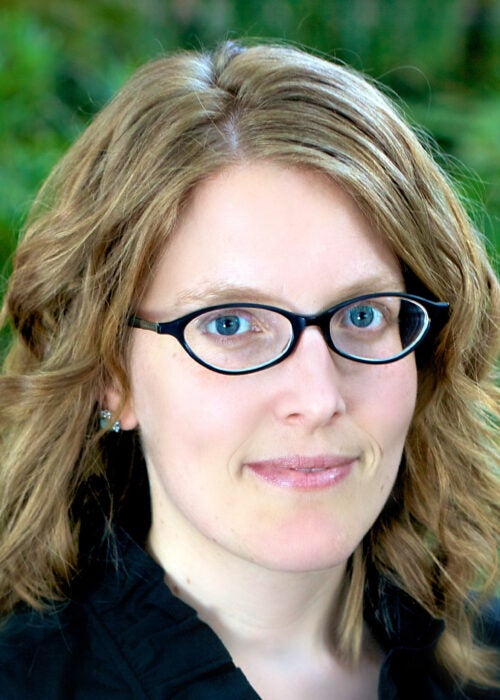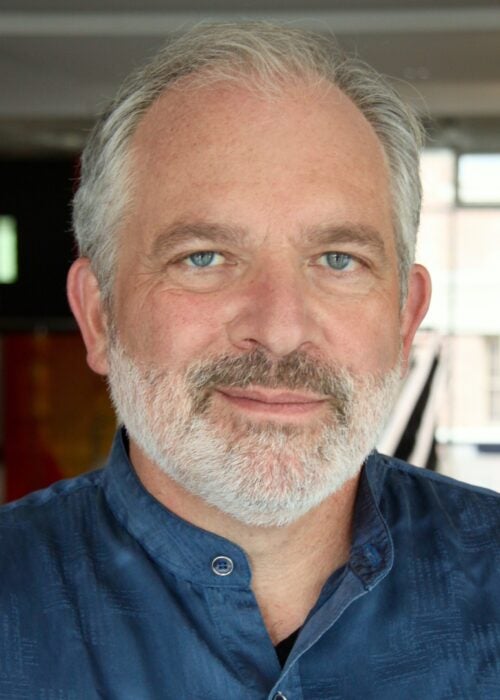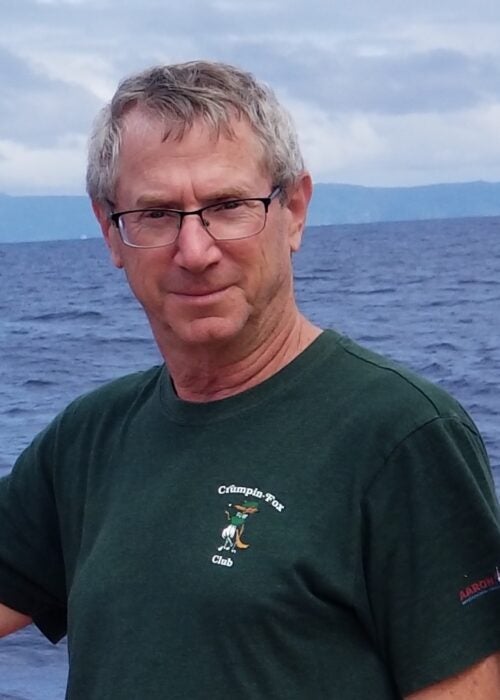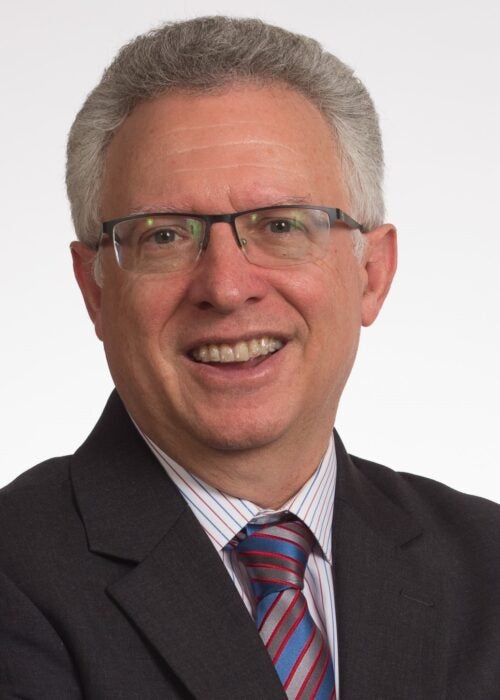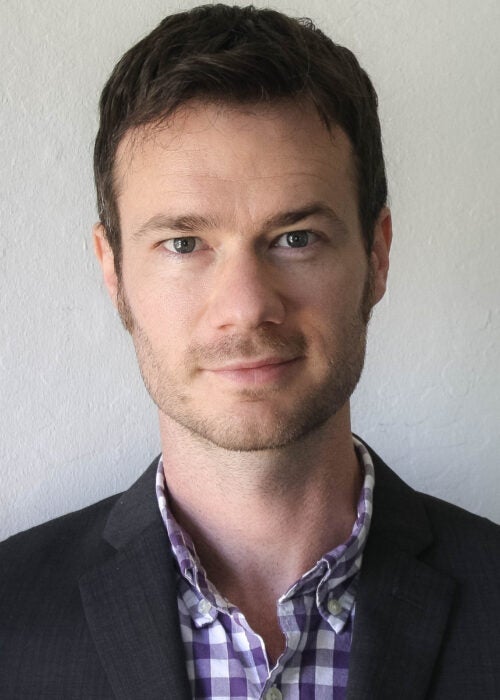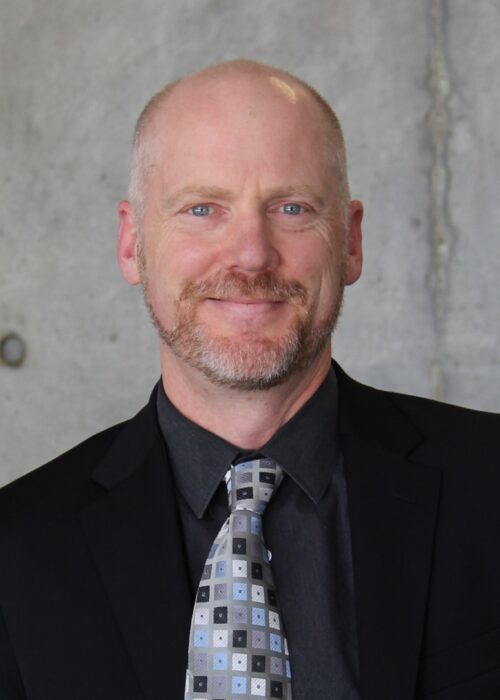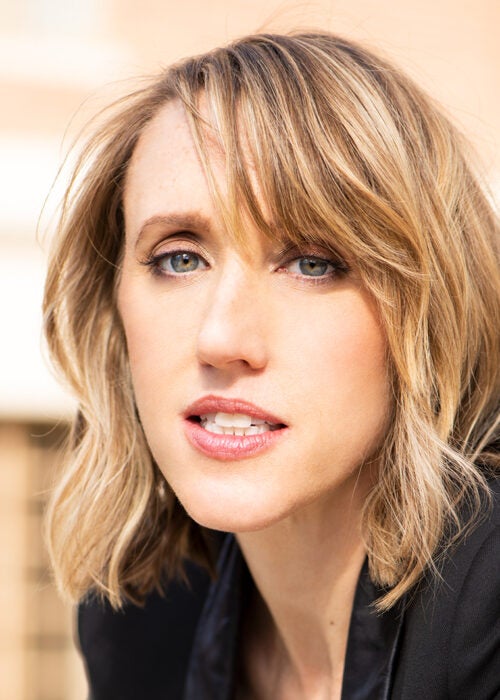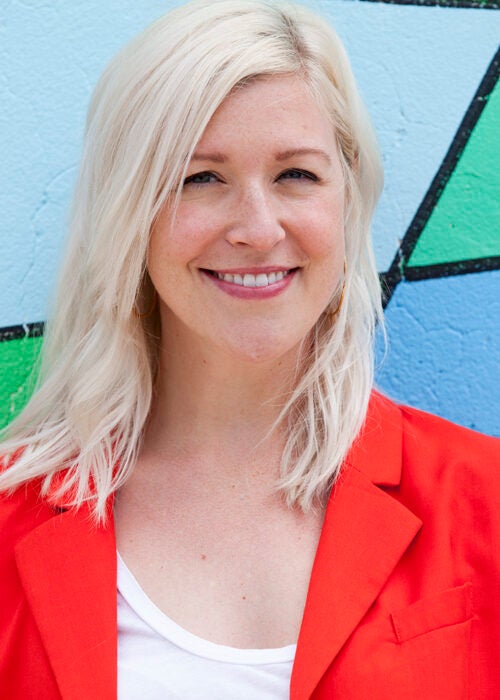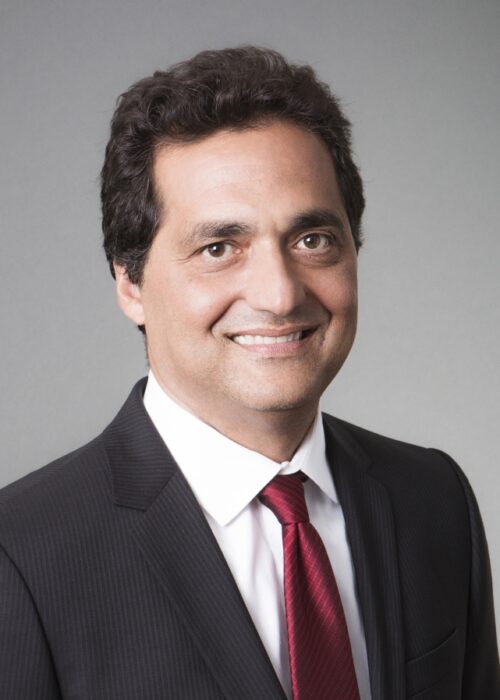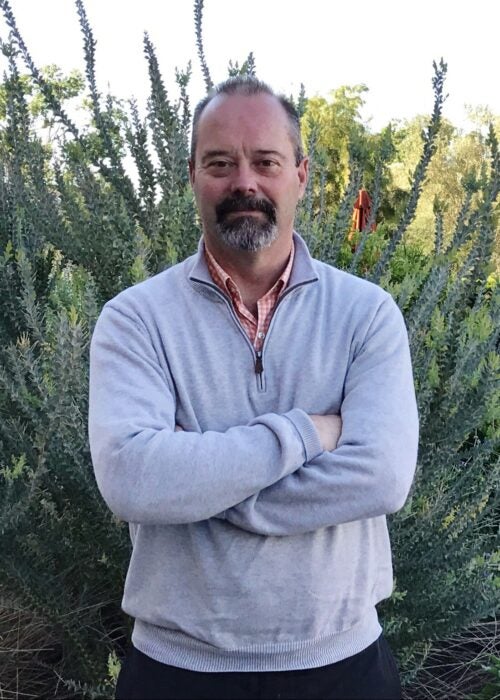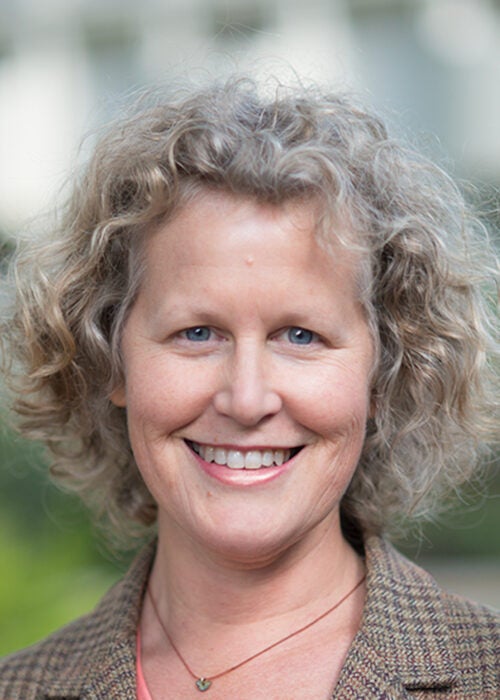Faculty
Assistant Professor of Population and Public Health Sciences and Spatial Sciences
Associate Professor of Gerontology and Spatial Sciences
Professor of Communication and Spatial Sciences
Paxson H. Offield Professor in Coastal and Marine Systems and Professor of Earth Sciences, Environmental Studies and Spatial Sciences
Professor of Public Policy and Spatial Sciences
Assistant Professor of Urban Planning and Spatial Analysis and Spatial Sciences
Professor of Population and Public Health Sciences, Dermatology and Spatial Sciences
James Irvine Chair in Urban and Regional Planning and Professor of Public Policy and Spatial Sciences
Associate Professor (Research) of Psychology
Dean's Professor of Industrial and Systems Engineering and Spatial Sciences
Professor of History, Environmental Studies and Spatial Sciences
Professor of the Practice of Religion and Spatial Sciences
Contact Us
Spatial Sciences Institute
University of Southern California
3616 Trousdale Parkway, AHF B55
Los Angeles, CA 90089-0374
213.740.5910
spatialsciences@usc.edu
Hours: Mon-Fri 8:30 am – 5:00 pm
Undergraduate Programs
Dr. Diana Ter-Ghazaryan
213.821.1190 | terghaza@usc.edu
Graduate Programs
Dr. Darren M. Ruddell
213.740.0521 | druddell@usc.edu
